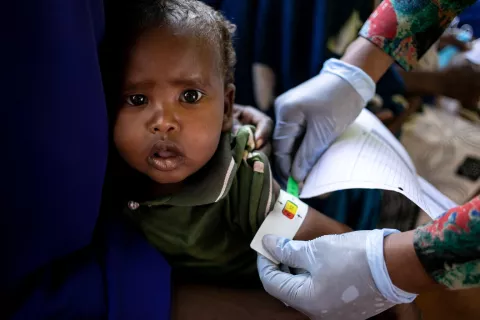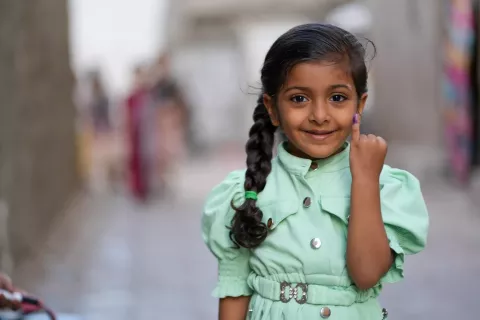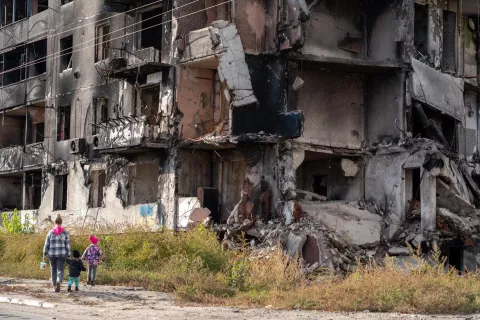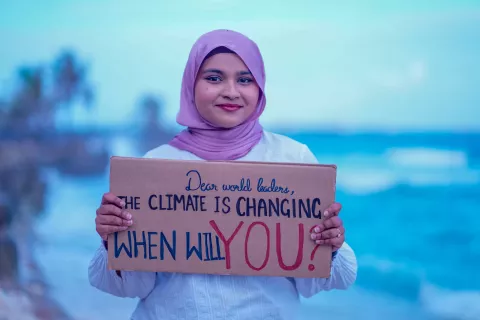UNICEF Executive Director Catherine Russell's remarks at the World Day Against Child Labour High-Level Side Event
As prepared for delivery
NEW YORK, 3 June 2022 - "The current child labour situation is cause for concern.
"Children have been hardest hit by the socio-economic impacts of COVID-19.
"We estimate 100 million more children have fallen into poverty since the pandemic began. As the child poverty rate increases, so does the risk of child labour.
"For the first time since 2000 we’re seeing the number of children in child labour increasing to almost one in ten children world-wide.
"Nearly half of these children are engaged in hazardous work likely to cause physical and emotional harm.
"An alarming number of children in labour are extremely young. There were 16.8 million more children between the ages of 5 and 11 in child labour in 2020 than in 2016.
"The consequences of child labour on children are devastating – with ripple effects that can last a lifetime.
"Child labour violates the right of every child to be a child, and to grow up free from exploitation, abuse, and violence.
"It also compromises children’s education and limits their future opportunities, deepening cycles of poverty.
"We know that the best way to prevent child labour is to invest in social protection programmes that help families weather crises.
"The joint ILO/UNICEF report we are discussing today presents the latest research about the power of social protection to help prevent child labour – and points a clear path forward.
"For most families facing economic crisis and instability, putting a child into work is a last resort – a choice only made when there is no other way to survive.
"These families need direct support to help them weather storms without putting their children into work.
"Social protection programmes are a key to reducing the vulnerabilities that make child labour the only option.
"The global response to COVID has highlighted how effective family and child benefits are – and how rapidly they can be scaled up.
"Over 3,000 social protection programmes are being expanded across almost every country in the world all countries of the world.
"But the challenge remains daunting: Only 1 in 4 children have access to a child and family benefit. And while child and family benefits are essential, they are only one part of the solution. To support children and families, we need to take an integrated approach.
"For example, when families receive cash benefits, they can also receive information about the importance of keeping children in school and out of work – and permitting children who have been in work to return to school.
"We also need to build a strong child protection workforce that can provide direct support to children and families.
"Finally, as the Director General notes, we need to bridge the financing gap. That means mobilizing -- and prioritizing -- domestic resources towards social protection, as well as increased development assistance to combat child labour in all its forms.
"We must never accept child labour as inevitable.
"We have the power to change it – and the best way we can mark World Day Against Child Labour is to use that power.
"We are extremely fortunate to be working closely with our colleagues at ILO and other partners to do everything we can to combat child labour.
"I look forward to our work together to ensure that every child, everywhere, has a childhood, free of child labour."
#####




